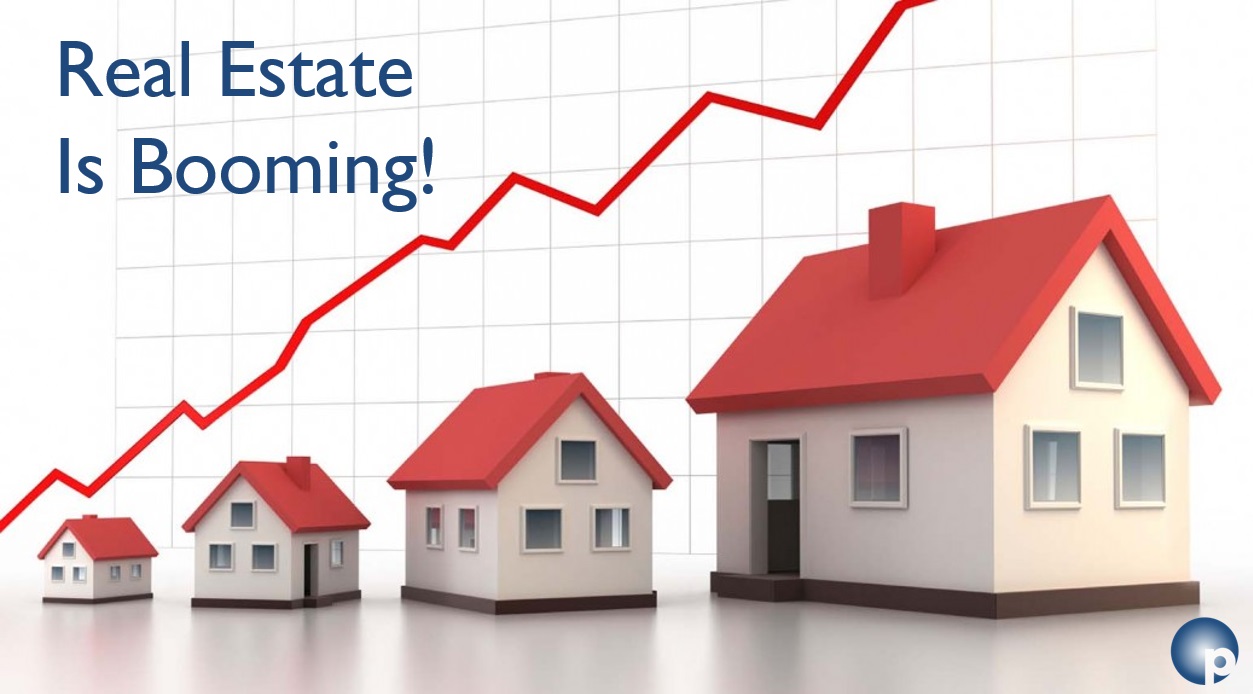Understanding the Real Estate Boom
A real estate boom refers to a period of significant growth in property values, increased construction activities, and heightened demand for residential, commercial, and industrial properties. These booms can have various causes and significant economic implications. Let's delve into the key aspects and factors driving real estate booms:
Factors Contributing to a Real Estate Boom
-
Economic Growth:
- Increased Employment: Higher employment rates lead to higher disposable income, which increases the demand for housing.
- Rising Incomes: Economic prosperity raises household incomes, enabling more people to buy homes and invest in real estate.
-
Low Interest Rates:
- Affordable Mortgages: Lower interest rates reduce the cost of borrowing, making mortgages more affordable and encouraging home buying.
- Investment Appeal: Low returns on savings accounts make real estate an attractive investment alternative.
-
Demographic Trends:
- Population Growth: An increasing population boosts the demand for housing.
- Urbanization: Movement towards urban areas for better employment opportunities increases the demand for urban real estate.
-
Government Policies:
- Tax Incentives: Tax deductions on mortgage interest and property taxes can stimulate real estate investment.
- Subsidies: Government subsidies and grants for first-time homebuyers can boost the housing market.
-
Foreign Investment:
- Global Investors: Real estate becomes attractive to foreign investors looking for stable returns, contributing to demand and price increases.
-
Supply Constraints:
- Limited Land: In cities with limited available land for new construction, property values can rise sharply.
- Regulatory Hurdles: Stringent zoning laws and building regulations can limit the supply of new housing, driving up prices.
Characteristics of a Real Estate Boom
- Rapid Price Appreciation: Significant and sustained increases in property prices.
- High Transaction Volume: A large number of real estate transactions and property sales.
- Increased Construction Activity: Surge in building permits and construction of new residential and commercial properties.
- Speculative Investments: Increased speculative buying, where investors purchase properties with the expectation of selling at higher prices.
Recent Examples of Real Estate Booms
-
United States (Post-2020):
- The COVID-19 pandemic led to historically low mortgage rates, driving a surge in home buying.
- Remote work trends increased demand for suburban and rural homes.
- According to the National Association of Realtors, home prices rose significantly, with median home prices increasing by double-digit percentages in many regions.
-
Canada:
- Cities like Toronto and Vancouver have experienced continuous real estate booms due to low interest rates, foreign investment, and population growth.
- The Canadian Real Estate Association reported substantial year-over-year increases in home prices.
-
China:
- Urbanization and economic growth have fueled real estate booms in major cities like Beijing and Shanghai.
- Government policies aimed at stimulating the housing market, coupled with high savings rates, have driven property investments.
Potential Risks of a Real Estate Boom
- Market Overheating: Excessive price increases can lead to a bubble, where prices exceed intrinsic values, risking a sharp correction.
- Affordability Issues: Rapid price increases can make housing unaffordable for many, leading to social and economic problems.
- Speculative Bubbles: High levels of speculation can lead to volatility and increased risk of market crashes.
Conclusion
Real estate booms are driven by a combination of economic factors, demographic trends, government policies, and market dynamics. While they can bring prosperity and growth, they also carry risks of market corrections and affordability challenges. Understanding these dynamics is crucial for investors, policymakers, and potential homeowners to navigate the complexities of the real estate market effectively.


